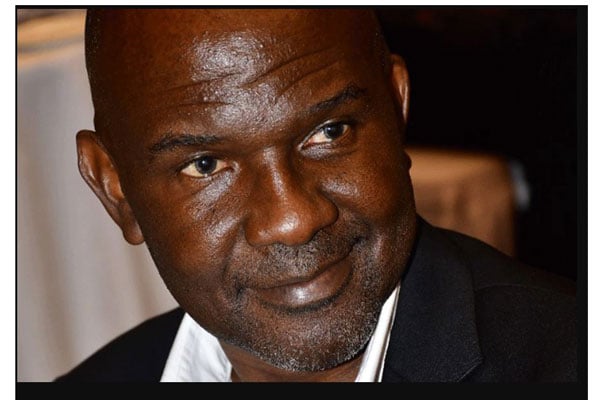The inconvenient politics of the current Uganda crime wave
What you need to know:
These home invasions take away two things. First, security of person in the home. Secondly, they are stealing the sweat of people’s labour – either money or property.
It is therefore a bigger political problem than even an election fiasco, because it is tearing apart the real compact on which the consent (not legitimacy) of Ugandans to Museveni’s and NRM’s rule is based.
Every day Ugandans are posting on social media photographs of broken windows, doors, and ransacked homes in the wave of crime that has hit the country in recent times.
This week, suspects were paraded before police chief Kale Kaihura, and said they get protection from the police. There is no surprise there. Everyone knows that for the type of crime we are witnessing, police collusion is critical.
And, it is not just in Uganda where it happens. It happens all over the world. There are some common reasons why this happens. Police officers in most countries are poorly paid.
At the same time, they protect rich business people, companies, corrupt politicians, and others who live a life they cannot even dream of.
To make matters worse, police work can be hard and unglamorous. They endure scorching sun, rain, and long hours on their feet. And it is dangerous.
For men and women to do that work without paying themselves something extra through corruption and crime, they need to be very patriotic and honest.
For them to be very patriotic and honest, they need to see the leaders above them being equally patriotic and scrupulous. If, as in Uganda, they are not, the deal is off.
But even where the leaders are patriotic and honest, inequality can lead to breach of trust. A recent Oxfam report noted that in Uganda, the richest 10 per cent of the population enjoy 35.7 per cent of national income; while the poorest 10 per cent claim a meagre 2.5 per cent, and the poorest 20 per cent have only 5.8 per cent.
Also, inequality between the regions had grown sharply.
A law enforcement officer from a deprived region, sitting in Kampala, might act out of grievance at that fact, and either steal directly, or find a “sub-contractor” thief whom he protects.
However, if this was all, then crime would be largely a law and order and economic opportunity issue for which some quick fixes could be found.
But it is not. It touches on what you might call the “three pillars” that form the pact between President Museveni and his ruling National Resistance Movement (NRM) and the Ugandan people.
When the NRM took power in 1986 after a five-year bush war, even with areas, parties and individuals that opposed them, at a deeper level, there was a contract upon which the acceptance of their rule was based.
It was simple. The first (and many people scorned the idea later) was that in exchange for acquiescing to Museveni/NRM’s rule, they would guarantee you safety in your home, so you would not be attacked and robbed—and easily killed—as had been the case the previous 15 years. This later came to be known simply as “Otulo”.
The second, that the sweat of your labour would not be squirrelled away by high inflation or confiscated by the state, and so anti-inflation policy became and remains a central plank of Museveni policy. Corruption was a big issue, but it was never part of this contract.
The third was that at the village level, you would not be ruled by people whom you had not elected. And so the appointed chief went. That is partly how Resistance Council 1, and later Local Council 1, evolved differently from the higher levels of LC, because at that level you were not elected on the basis of your party or even nationality, but your community bona fides.
So while you could steal the presidential or parliamentary vote, the RC1 and LC1 ones for the longest time were largely honest.
The election mandate that Museveni “wangles” every five years or so, I believe, has never been the abiding basis of his power.
He could steal all the votes, lead a notoriously corrupt government, and string Kizza Besigye upside down from a tree in Kansagati, but as long as he did not mess with those things who could hang on somehow.
The elites and towns got worked up over those things, for sure, but “down there” those were not the mostly deeply felt matters.
Remember, because of rebellion and so on, in nearly all the north and northeast, some of those three-pillars were denied.
But in the wider political south, Museveni’s subjective social base, they were always secured.
Not any more. The present wave of crime has hit, especially the south, particularly hard. In some of the previously war-affected areas, someone remarked that crime is slightly lower because there is little to steal.
These home invasions take away two things. First, security of person in the home. Secondly, they are stealing the sweat of people’s labour – either money or property.
It is therefore a bigger political problem than even an election fiasco, because it is tearing apart the real compact on which the consent (not legitimacy) of Ugandans to Museveni’s and NRM’s rule is based.
Onyango-Obbo is the publisher of Africa data visualiser Africapedia.com and explainer site Roguechiefs.com. Twitter@cobbo3




